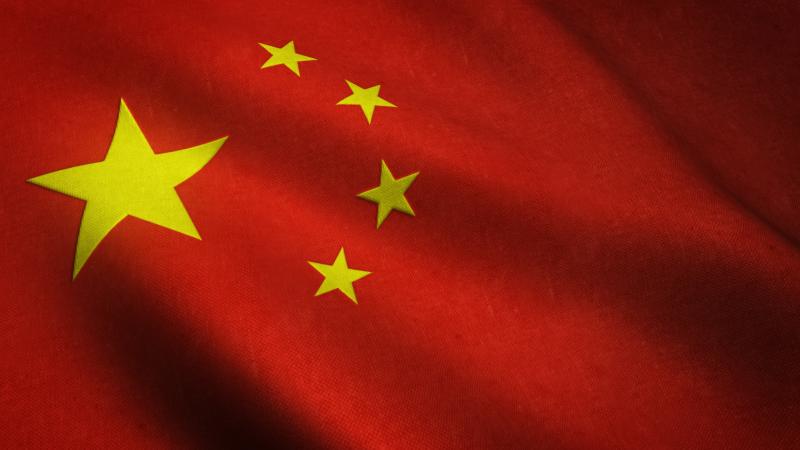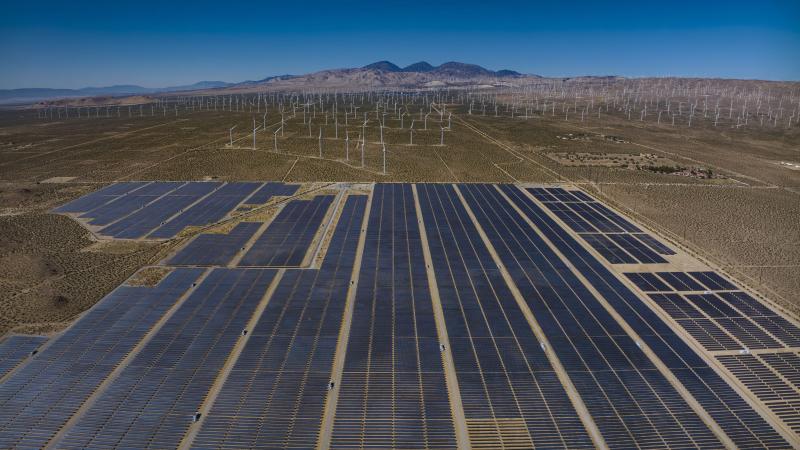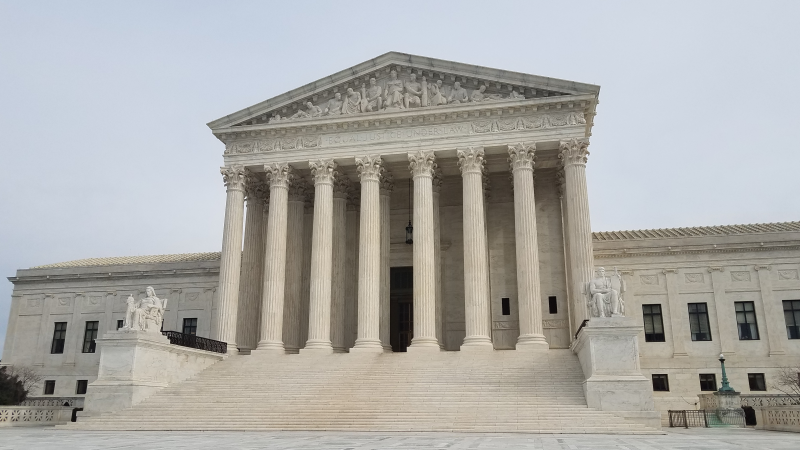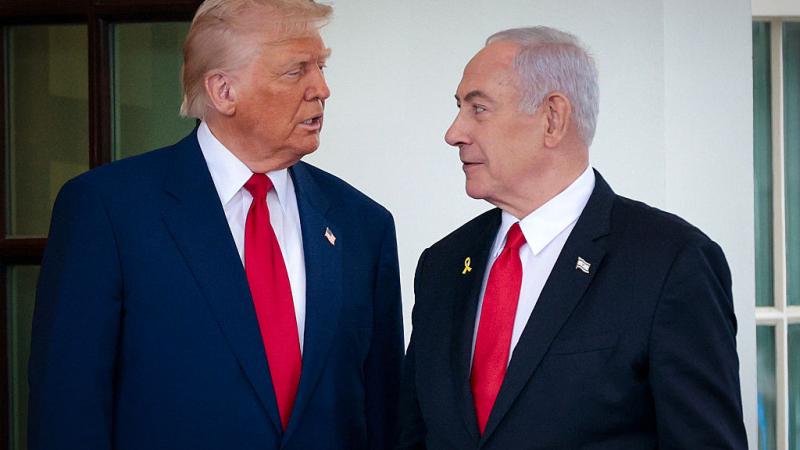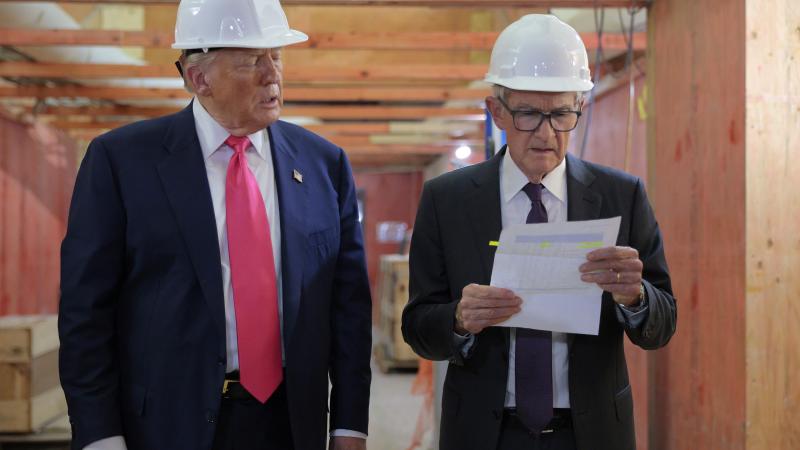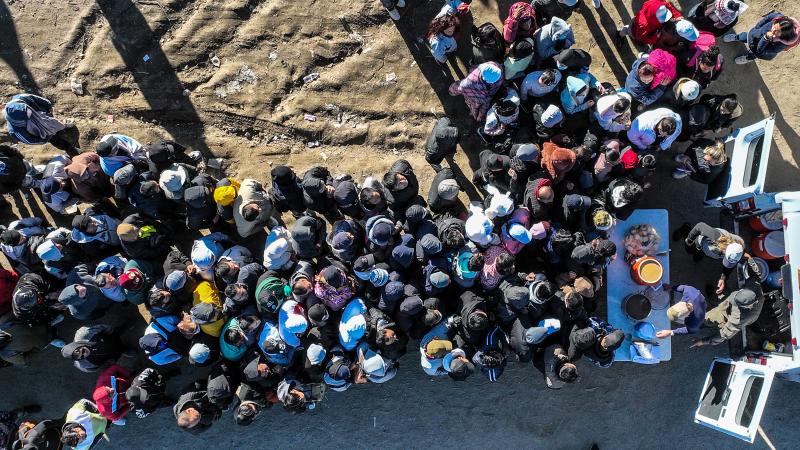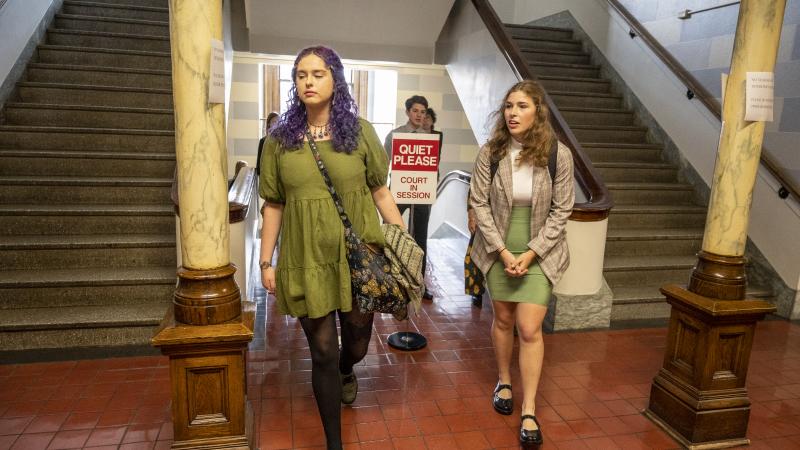5 things to know about China’s Uighur concentration camps
At least one million Uighurs, a largely Muslim Turkic group in China, are reportedly working in detention camps in the far northwest of the country
At least one million Uighurs, a largely Muslim Turkic group in China, are reportedly working in detention camps in the far northwest of the country.
It’s believed that the camps started in April 2017 by China to control the Muslim ethnic minorities who it sees as harboring “strong religious views” and “politically incorrect” ideas in a region where roughly half of the population of 25 million is made up of Uighurs and other Turkic minorities.
While Beijing initially denied the existence of internment camps, it began describing the facilities as “re-education” camps that provide vocational training for Uyghurs to help local residents rise above poverty, discourage radicalization, and help protect the country from terrorism.
However over the past year, there has been mounting evidence of alleged atrocities at the camps, including torture, rape and forced sterilization. President Donald Trump signed the Uyghur Human Rights Policy Act of 2020 into law on June 17 that aims to punish China for its treatment of the minority group. Now, momentum is growing for the United Nations to take a stand and condemn the alleged atrocities against the ethnic Uighurs.
Here’s what you need to know about the alleged atrocities at the camps.
Life at the camps: Detainees are reportedly subject to military-style discipline and forced confessions. They are allegedly abused, tortured, raped, and even killed. Survivors report being subjected to electrocution, waterboarding, and injections of unknown substances.The camps have poor sanitation, hygiene, and cramped living conditions, according to former inmates. Often there is no access to running water or flushing toilets. There are at least 465 scattered across the region, according to human rights groups.
Secret systemized detention: Internal Chinese government’s documents, which leaked last month, detail orders by the government on how the camps had to be built and run. The paper detailed instructions about where to put fences and walls and called for video surveillance systems “with no blind spots.” Doors must be locked twice to “prevent escapes,” according to the documents. Also, it directs that it is “necessary to strengthen the staff’s awareness of staying secret, serious political discipline and secrecy discipline.
Hair for wigs: U.S. Customs and Border Protection said they intercepted part of a 13-ton shipment – including products like hair extensions and wigs – that potentially was produced by forced prison and child labor in the region of Xinjiang. The shipment is worth more than $800,000 and was part of a June 17 order to ports nationwide to hold products manufactured by Lop County Meixin Hair Product Co. Ltd. “based on information that reasonably indicated that they are manufactured with the use of prison labor,” according to a U.S. official.
Forced sterilization: Investigations by German researcher Adrian Zenz and the Associated Press found that China is trying to reduce the birth rate among the Uighurs through pregnancy checks, forced acceptance of intrauterine devices, compulsory sterilization and even abortions.
Making masks and PPE to sell to the West: The New York Times reports that masks and other PPE equipment that is made in China is being exported to countries such as the U.S. The Times examined photos, videos, government documents, satellite images, and shipping data from China’s Xinjiang region and found that the number of PPE companies in the region had increased from four before the pandemic to 51. Recent footage has surfaced on social media showing Uighur people being bused out of the region to work as forced labor where they’re believed to be going to factories across the country during the coronavirus pandemic.

